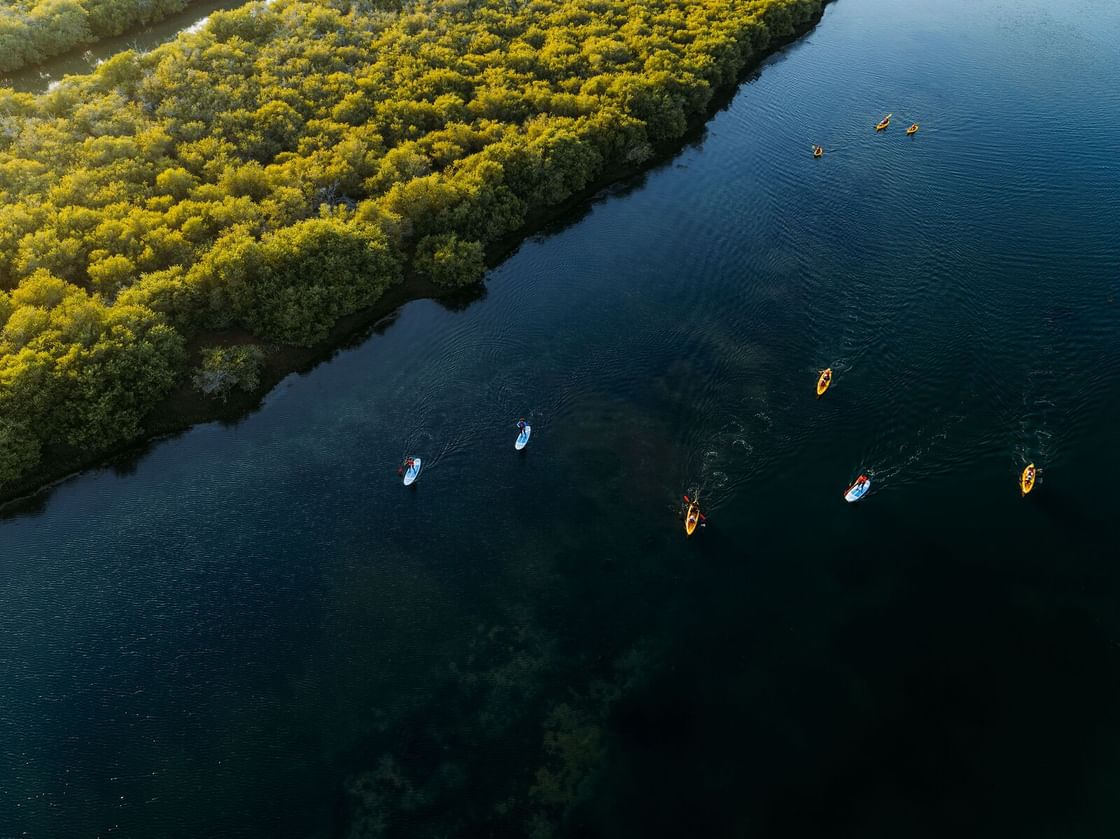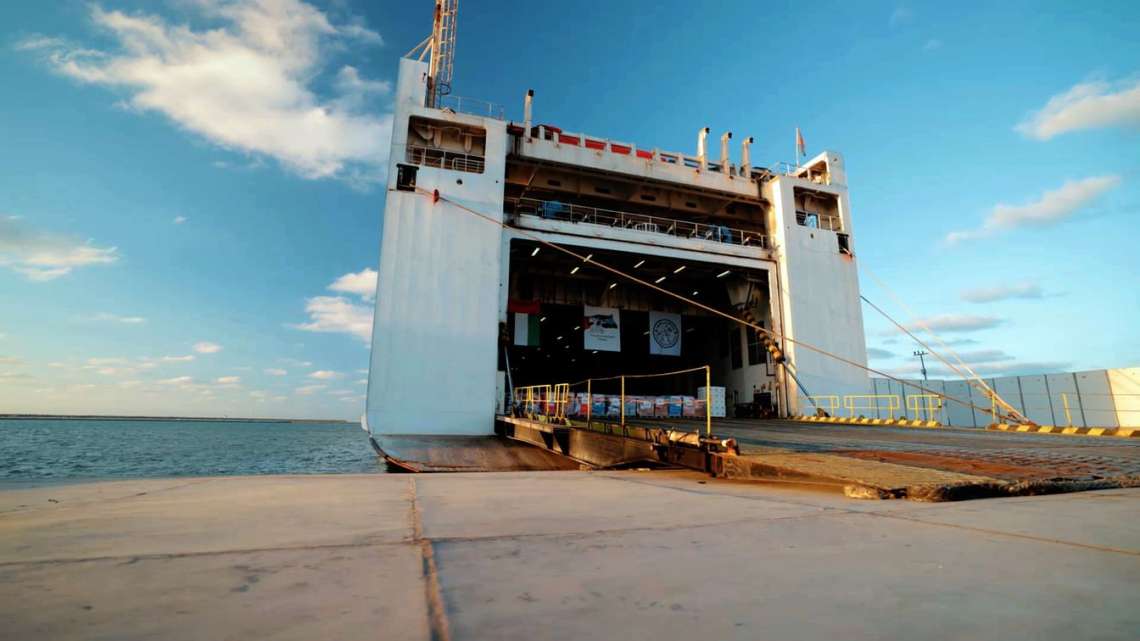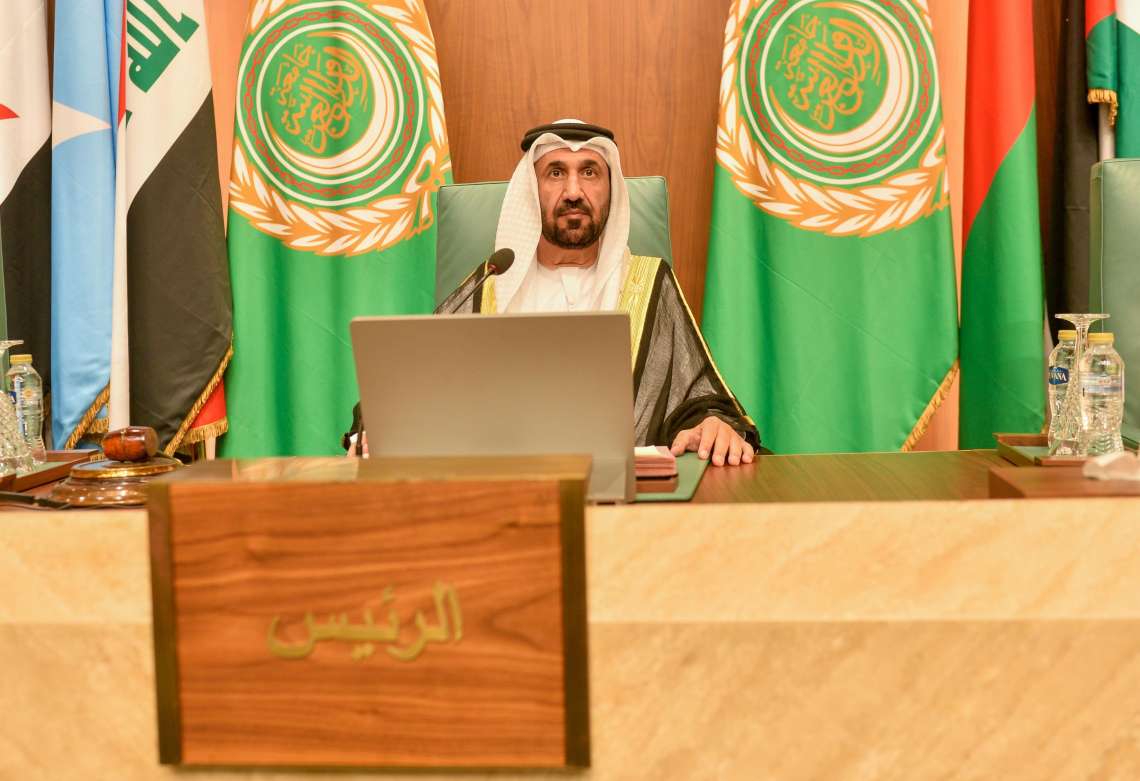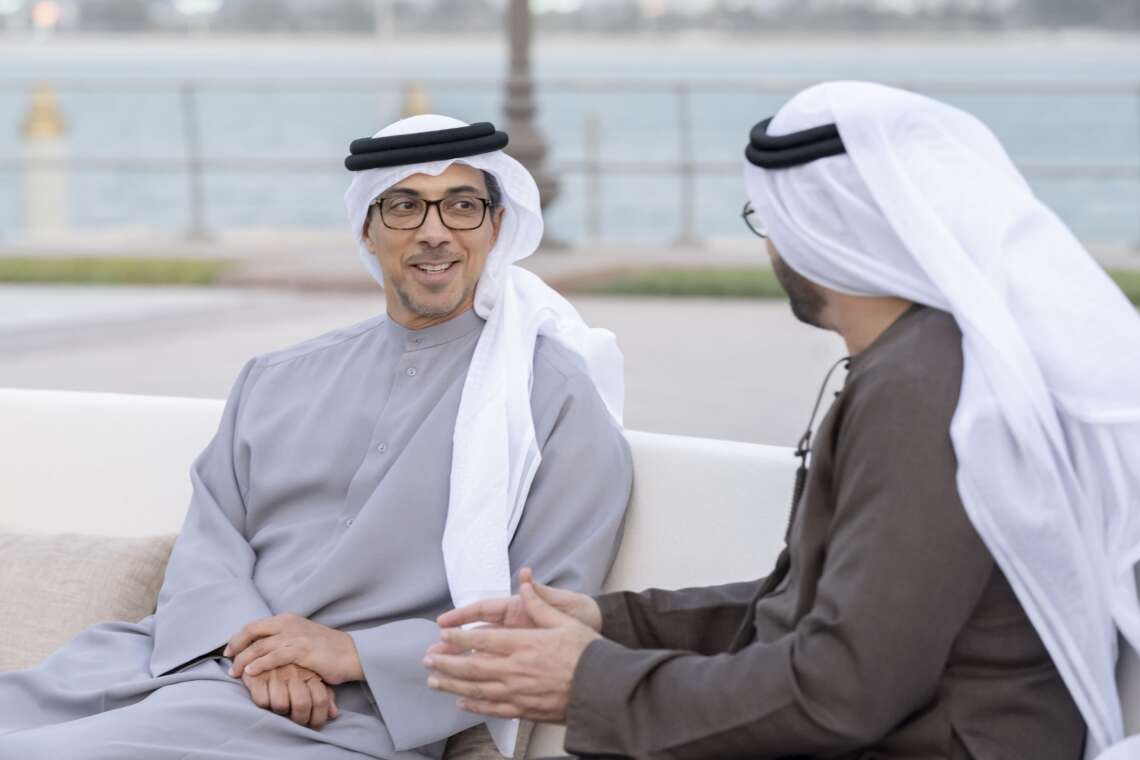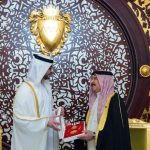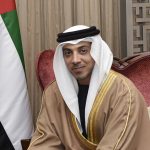Sheikh Mohamed bin Zayed Al Nahyan described the agreement as a pivotal step in advancing the UAE’s relations with the Central African Republic…reports Asian Lite News
President His Highness Sheikh Mohamed bin Zayed Al Nahyan and His Excellency Faustin-Archange Touadéra, President of the Central African Republic, have overseen the signing of a Comprehensive Economic Partnership Agreement (CEPA) between their two nations. The landmark deal aims to strengthen trade and investment ties, facilitating economic cooperation across key sectors.
The agreement was signed by His Excellency Dr. Thani bin Ahmed Al Zeyoudi, UAE Minister of State for Foreign Trade, and His Excellency Patrick Akoloza, Minister of Trade and Industry of the Central African Republic.
Sheikh Mohamed bin Zayed Al Nahyan described the agreement as a pivotal step in advancing the UAE’s relations with the Central African Republic. He noted that the CEPA is built on a shared commitment to sustainable economic development and mutual prosperity, opening up new avenues for trade, investment, and cooperation.
President Touadéra welcomed the agreement, expressing optimism that it would significantly enhance economic collaboration between the two nations. He highlighted the potential for the agreement to drive sustainable development and economic progress in both countries.
Non-oil trade between the UAE and the Central African Republic surged to approximately USD 252 million in 2024, marking a 75 percent increase compared to the previous year. The UAE’s exports to the Central African Republic primarily include food products, textiles, electronics, machinery, and pharmaceuticals—critical sectors for economic growth across Africa. Meanwhile, the Central African Republic exports agricultural commodities such as coffee, cotton, and cassava, alongside valuable minerals, including gold and diamonds.
The CEPA is set to enhance market access for businesses in both countries by reducing or eliminating tariffs, removing non-tariff barriers, and boosting investments in high-priority sectors such as agriculture, infrastructure, and technology. The agreement also aligns with the UAE’s broader strategy of expanding trade ties with African nations, recognising the continent’s increasing influence in global commerce.
The UAE’s CEPA programme is a cornerstone of its economic diversification strategy, with a target of raising non-oil trade to USD 1.1 trillion by 2031. The initiative has significantly contributed to the UAE’s total trade volume, which reached a record USD 816 billion in 2024, reflecting a 14.6% increase from 2023.
During their meeting, Sheikh Mohamed and President Touadéra also witnessed the signing of multiple agreements and memoranda of understanding in areas such as investment protection, double taxation avoidance, infrastructure development, mineral resource cooperation, and education.



